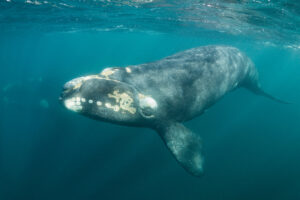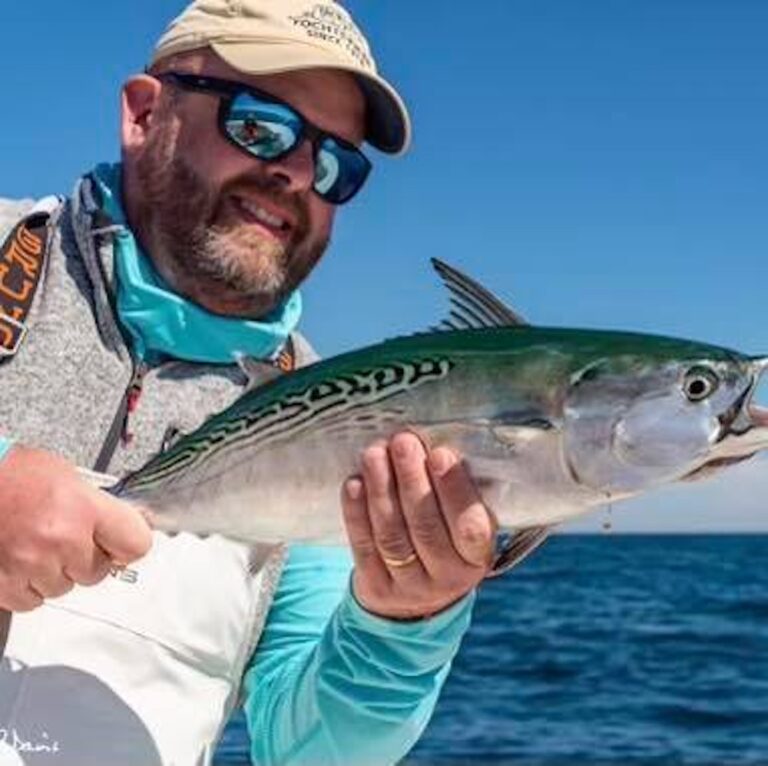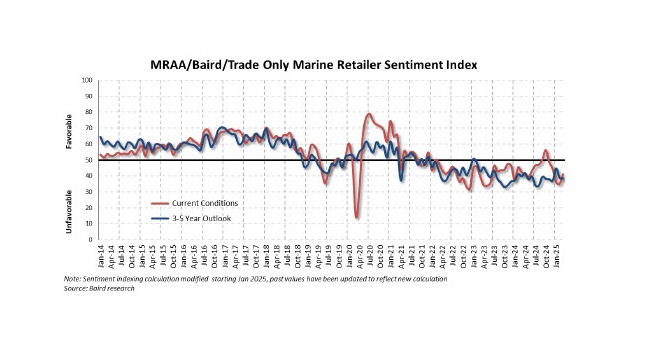
What are some big-picture differences between the RV and marine industries?
Comparing the two industries, you need to look at consolidation, the respective dealer bases and the general environment. In RV, there has been more consolidation between manufacturers over the last five years. The three largest manufacturers control about 85 percent of production. While it varies between dealers, I think RV dealers tend to be more professional about business, whereas marine dealers tend to be enthusiasts. We break our dealers into Plateaus, and I think many marine dealers tend to be mom-and-pop businesses that are Plateaus 1 and 2. Many RV dealers are Plateaus 3 and 4, with staffs from 30 to 100 and multiple locations. We’ve seen a lot of consolidation of the RV dealer base, too, with the top 10 dealers controlling about 30 percent of the business.
When you said “environment” above comparing the two industries, what did you mean?
I mean business conditions — demographics, gas prices, state of the economy. There are no headwinds now for RV when it comes to those. The marine industry has a mostly favorable environment, except for demographics. I hear dealers in our 20 Groups who say how they can’t get young people in because of entry costs, and there are environmental considerations that often keep marinas from being built. Plus, the cost of ownership is going through the roof. Marine has headwinds that RV does not. RV has other advantages over marine.
What kind of advantages?
RV has a lot of fringe uses besides camping. You can take an RV to the kids’ ballgames, use it for tailgating and then go camping. Or even as a spare bedroom when you have house guests. The RV market attracts more than just diehard enthusiasts. Boating also has its fringe users, but they’re not as common as the RV world.
Anything else?
I think the marine industry has been a lot more fragmented, as well. The RV industry has had strong dealer and manufacturer associations that understand the need to work together. There’s no dealer or manufacturing body that sees eye to eye in any industry, but they understood that they had a lot in common and could gain more by working together. The Go RVing coalition is a good example of that. For many years, the marine dealer association was far from strong. But as MRAA gets stronger and works more closely with NMMA, we’re seeing more positives and cooperation.

What are the similarities between the industries?
Both products are big-ticket and involve emotional purchases. That causes the sales processes to be similar. Both also have diehard enthusiasts who will participate no matter what economic conditions are like. They’re also facing similar problems like skills and labor shortages. And the more seasonal the business, the more they struggle with labor issues, especially if you’re a smaller dealer. The two industries also experience the same cyclicality, with up and down cycles.
You mentioned dealer consolidation. Does the RV world have an equivalent to MarineMax?
The largest one is Camping World, which is publicly traded. There are also large private groups like Campers Inn, General RV, Lazy Days and Fun Town in Texas, among others. We’re seeing many of these RV dealers using very advanced marketing strategies, such as email and website marketing, but some are going beyond that with zip-code-type targeting. Several dealers have become so sophisticated that they’re gaining market share so fast their competitors are wondering what’s happening. If you look at the balance sheets of many RV dealers, they tend to be stronger than their marine counterparts as a whole. I think boat dealers tend to be a bit more susceptible to recessions, with part of that coming from external factors and part being internal.
John Spader is president of Spader Business Management.
This article originally appeared in the March 2020 issue.











